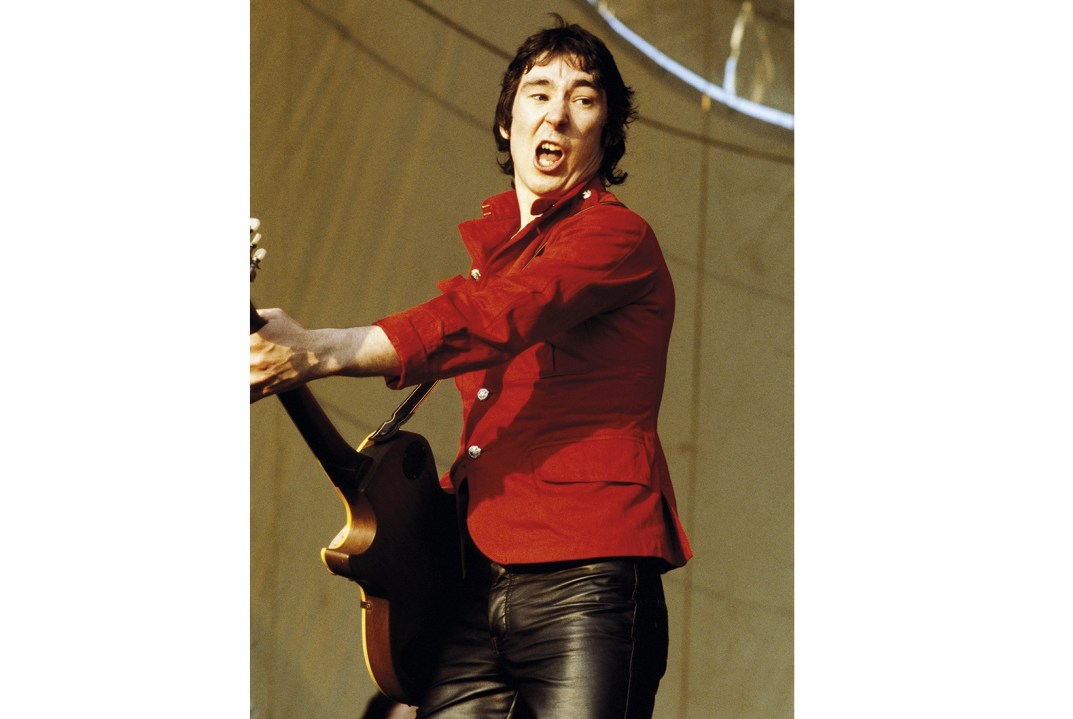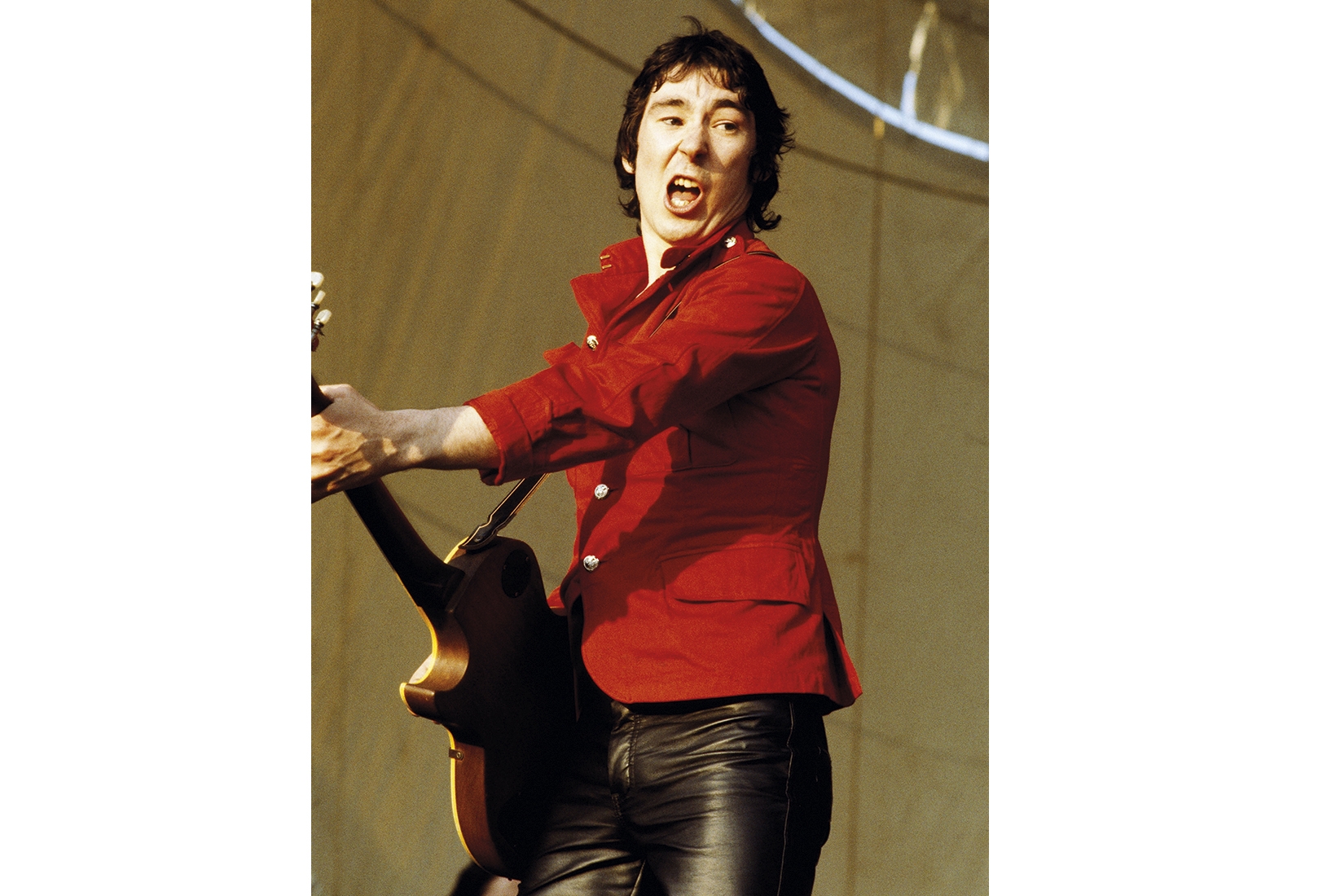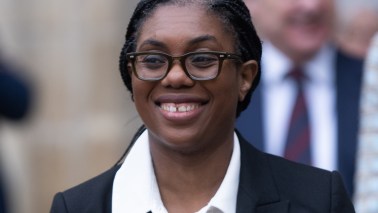Steve Diggle hasn’t spent this long away from a stage in 40-odd years. For the Buzzcocks guitarist, like everyone else, 2020 was a year of thwarted plans. Instead of touring Britain and America, Diggle spent the year in ‘self-analysis’ and writing a new album. What else for an ageing punk to do? Except, of course, curate your legacy, grapple with the past.
When Diggle joined Buzzcocks in 1976, originally as the bass player, he didn’t imagine he would still be flying the flag 45 years later. It’s both a blessing and a curse. Though his band remains a going concern, the songs that shift tickets were written half a lifetime ago. ‘Ever Fallen In Love (With Someone You Shouldn’t’ve)’, ‘What Do I Get?’, ‘Everybody’s Happy Nowadays’, ‘Oh Shit’, ‘Promises’, ‘I Don’t Mind’. Sharp, sussed, poppy, playful, emotionally open and sexually daring, Buzzcocks made the best singles of the punk era. A new box set recycles these songs for the umpteenth time — and why not? As Diggle says: ‘They still sound like they were made last week. Ninety mph, with existential lyrics. Very direct and in your face.’
When original Buzzcocks singer Howard Devoto left the band only a few months into its existence, Diggle and guitarist Pete Shelley instantly resolved to carry on. ‘We had no choice,’ he says, Manchester accent still thick as smog. ‘We were conscientious objectors to work.’
Sussed, poppy, playful, emotionally open and sexually daring, Buzzcocks made the best singles of the punk era
Diggle switched to guitar, Shelley became lead vocalist, and they were off. They wrote together occasionally, but not often. ‘It’s like we knew each other too well,’ says Diggle, who was the alpha male in the partnership: gruffer, tougher, more overtly rock’n’roll. Shelley, by contrast, came over as wounded, arty, fey, frank. ‘We complemented each other.








Comments
Join the debate for just £1 a month
Be part of the conversation with other Spectator readers by getting your first three months for £3.
UNLOCK ACCESS Just £1 a monthAlready a subscriber? Log in